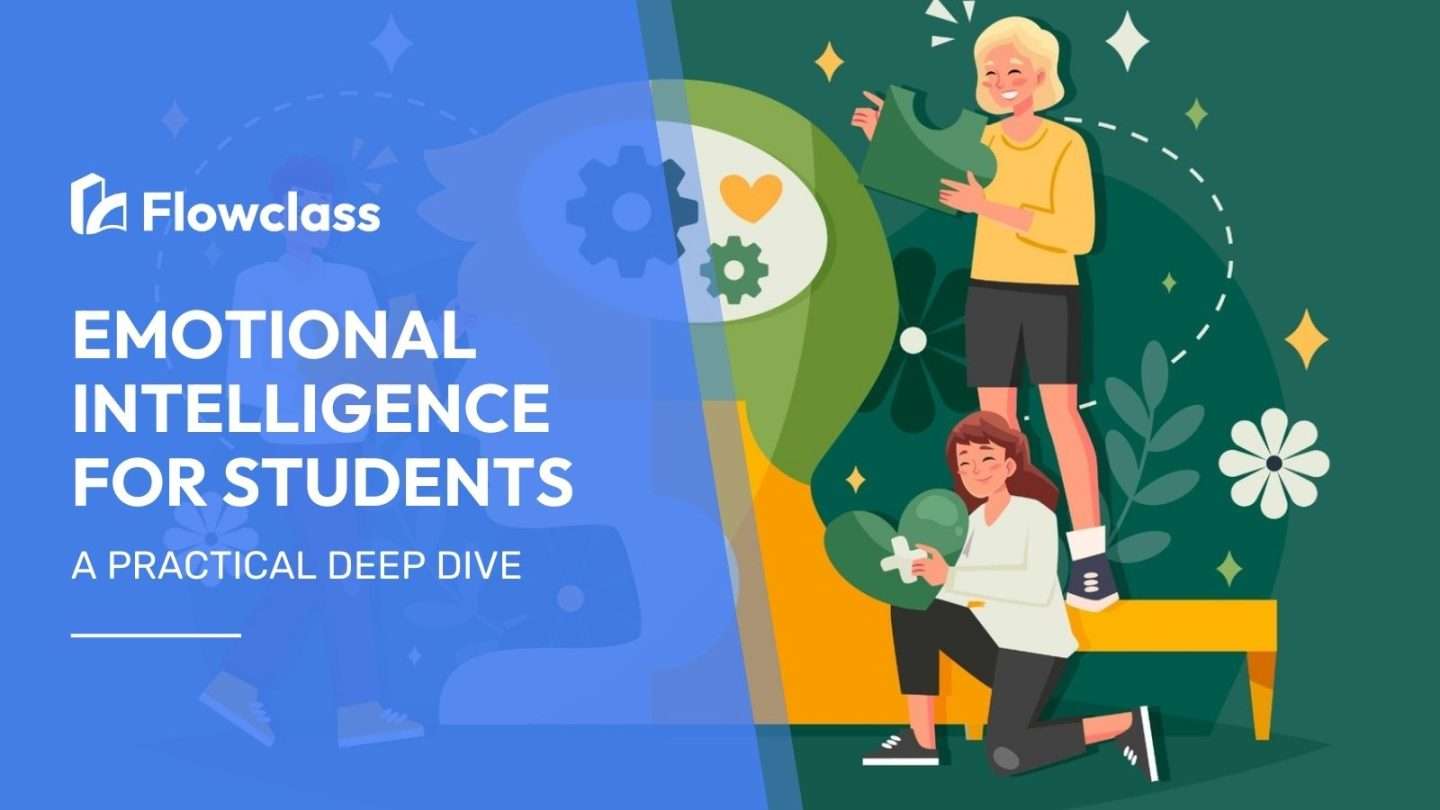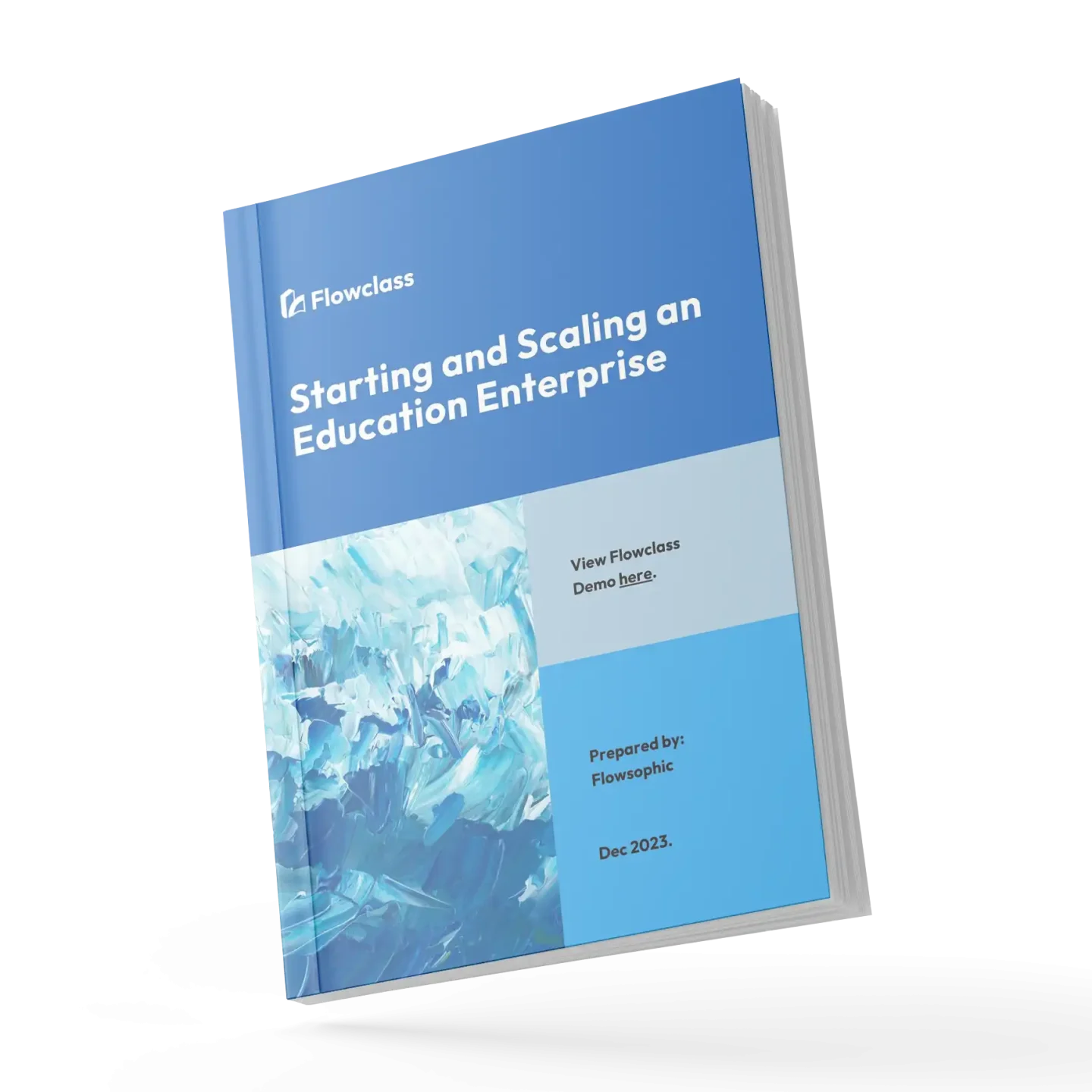Welcome to our guide on emotional intelligence for students. In today’s fast-paced world, academic success alone is not enough. Emotional intelligence (EQ) plays a key role in personal and academic growth.
This guide explores the importance of emotional intelligence in students’ lives and provides practical tips to help develop their EQ skills. From self-awareness to empathy, we’ll break down the key components of EQ and offer actionable strategies students can use every day.
By improving emotional intelligence, students can navigate challenges, build meaningful relationships, and make better decisions. EQ not only boosts mental health but also sets students up for success in and out of the classroom.
Whether you’re a student, parent, or educator, this guide will help you understand and nurture emotional intelligence for students. Let’s dive in!
The Importance of Emotional Intelligence for Students
Emotional intelligence for students is critical for success beyond academics. Students with strong EQ can handle emotions better, communicate clearly, and build healthy relationships. These skills lead to resilience and adaptability, both in school and life.
Research shows that students with high EQ often perform better in school, staying focused and motivated. They experience less stress and approach problems with confidence. By encouraging EQ, educators and parents can help students thrive academically and personally.
In today’s world, collaboration is key. Students must manage their own emotions and understand others’ feelings. This emotional connection fosters teamwork, creating supportive learning environments. Simply put, developing emotional intelligence is essential for well-rounded success.
The Five Key Components of Emotional Intelligence for Students

EQ can be broken down into five main components:
- Self-awareness – Recognizing your emotions and understanding how they affect behavior. Students who are self-aware make better decisions and understand their strengths and weaknesses.
- Self-regulation – Managing emotions in healthy ways, such as staying calm under pressure. Students with good self-regulation handle stress better and respond thoughtfully to challenges.
- Motivation – The drive to reach goals for personal satisfaction, not just rewards. Motivated students engage deeply with their studies and persist through difficulties.
- Empathy – Understanding and sharing the emotions of others. Empathetic students build strong connections with peers and create a more supportive classroom.
- Social skills – Communicating effectively and building relationships. Students with strong social skills work well with others, resolve conflicts, and thrive in group settings.
Together, these components form the foundation of emotional intelligence for students, helping them succeed academically and personally.
How to Develop Self-Awareness in Students

Self-awareness is key to emotional intelligence for students. One way to develop it is through journaling. Writing down thoughts and feelings helps students reflect on their emotions, making them more aware of their triggers and responses.
Mindfulness activities like meditation or deep breathing are also great for self-awareness. These practices encourage students to focus on the present, helping them observe their emotions without judgment.
Group discussions and peer feedback can also boost self-awareness. By talking about feelings and experiences, students can gain new perspectives. This open dialogue fosters a better understanding of their emotions and reactions.
Teaching Self-Management Skills to Students

Self-management is essential for emotional intelligence for students. A great way to teach this is through goal-setting. Encourage students to set SMART goals (Specific, Measurable, Achievable, Relevant, and Time-bound) to help them stay focused and motivated.
Time management is another important aspect. Teaching students how to prioritize tasks and create schedules helps them manage their responsibilities and reduce stress.
Additionally, emotional regulation techniques, like positive self-talk or physical activities, can help students handle stress and stay calm in tough situations. These skills are vital for maintaining balance and resilience.
Building Social Awareness in Students

Social awareness is a big part of emotional intelligence for students. Activities like role-playing can help students understand different perspectives, fostering empathy.
Community service is another great way to build social awareness. By volunteering, students are exposed to different experiences and challenges, helping them develop compassion and responsibility.
Media literacy can also play a role. Analyzing stories in books or films that deal with emotions and social issues helps students better understand emotional dynamics and cultural differences.
Enhancing Relationship Management Skills in Students
Relationship management is crucial for emotional intelligence for students. Group projects and cooperative learning activities teach students how to communicate, resolve conflicts, and work as a team.
Training in conflict resolution is also helpful. Role-playing common conflicts and discussing solutions helps students develop strategies to handle disagreements constructively.
Creating a culture of appreciation in the classroom can also enhance relationship skills. Encouraging students to compliment and recognize each other’s strengths fosters positive relationships and builds a sense of community.
Practical Strategies for Promoting Emotional Intelligence in the Classroom
Educators can promote emotional intelligence for students by incorporating emotional learning into their lessons. For example, discussing characters’ emotions in literature or analyzing historical decisions through an emotional lens connects EQ with traditional subjects.
Creating a safe, inclusive classroom is also essential. Open communication and regular check-ins allow students to express their emotions without judgment.
Reflection activities, such as journaling or group discussions, further help students process their emotions and develop self-awareness. This reflection strengthens EQ and encourages personal growth.
Long-Term Benefits of Emotional Intelligence for Students
The long-term benefits of developing emotional intelligence for students are immense. Students with strong EQ tend to have better mental health, experiencing less anxiety and stress. They are also more likely to succeed in their careers, as employers value emotional intelligence as much as technical skills.
EQ also enhances personal relationships. Individuals with strong emotional intelligence communicate better, build deeper connections, and maintain healthier relationships throughout their lives.
By investing in EQ during school years, students set themselves up for lifelong success and happiness.
Conclusion: The Role of Emotional Intelligence for Students’ Success
In conclusion, emotional intelligence for students is essential for their success both in and out of the classroom. By focusing on self-awareness, self-management, social awareness, and relationship management, students can build the emotional skills needed to thrive academically and personally.
Educators and parents can play a key role in fostering emotional intelligence, creating environments where students can explore and practice these skills. The journey of developing EQ is transformative and prepares students for a future full of meaningful connections and accomplishments.


